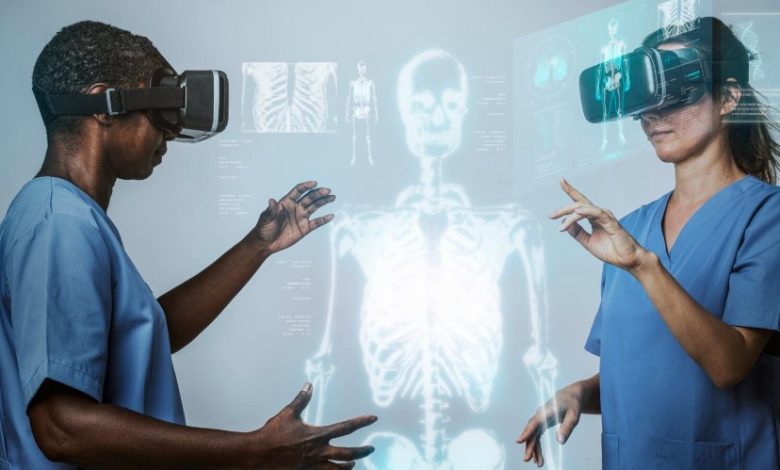Advancing Surgical Skills: The Role of Virtual Reality Simulations

In the ever-evolving landscape of surgical education and training, virtual reality (VR) simulations have emerged as a revolutionary tool for enhancing surgical skills and proficiency. With immersive environments and realistic scenarios, VR simulations offer aspiring surgeons and practicing professionals an unparalleled opportunity to refine their techniques and master complex procedures in a safe and controlled setting. In this article, we delve into the transformative impact of VR simulations on surgical training, highlighting the innovative initiatives spearheaded by institutions like Cleveland Clinic Abu Dhabi.
The Evolution of Surgical Training
Traditionally, surgical training has relied heavily on apprenticeship-based models, where trainees learn by observing and assisting experienced surgeons in the operating room. While this approach has been effective, it presents several limitations, including variability in case exposure, limited opportunities for hands-on practice, and patient safety concerns. Moreover, the increasing complexity of surgical procedures and advancements in technology necessitate more comprehensive and standardized training methodologies.
Enter Virtual Reality Simulations
Virtual reality simulations offer a solution to many of the challenges associated with traditional surgical training methods. By recreating realistic surgical environments and scenarios, VR simulations provide trainees with a risk-free platform to develop and refine their skills, without compromising patient safety. From basic suturing techniques to complex surgical procedures, VR simulations offer a wide range of training modules designed to cater to the diverse needs of surgical trainees.
Benefits of VR Simulations in Surgical Training
The adoption of VR simulations in surgical training offers numerous benefits for both trainees and educators:
Enhanced Immersion and Realism: VR simulations replicate the sights, sounds, and sensations of the operating room with remarkable accuracy, creating an immersive learning experience that closely mirrors real-world surgical scenarios. Trainees can practice procedures in a realistic environment, allowing them to develop muscle memory and spatial awareness essential for surgical proficiency.
Repetitive Practice and Skill Refinement: Unlike traditional training methods, which may offer limited opportunities for hands-on practice, VR simulations enable trainees to engage in repetitive practice sessions until they achieve mastery. By providing instant feedback and performance metrics, VR simulations facilitate continuous skill refinement and improvement over time.
Standardized Curriculum and Assessment: VR simulations allow educators to develop standardized training curricula and assessment tools, ensuring consistency and objectivity in surgical training. Trainees can progress through structured learning modules, complete competency assessments, and track their performance over time, fostering a culture of accountability and continuous learning.
Cost-Effective Training Solutions: While traditional surgical training methods can be resource-intensive and costly, VR simulations offer a cost-effective alternative that eliminates the need for expensive equipment, disposable supplies, and dedicated operating room time. Trainees can access VR simulations remotely, reducing travel expenses and logistical challenges associated with in-person training.
Cleveland Clinic Abu Dhabi’s Commitment to Surgical Excellence
Cleveland Clinic Abu Dhabi, renowned for its commitment to innovation and excellence in healthcare, has embraced virtual reality simulations as a cornerstone of its surgical training programs. Leveraging state-of-the-art VR technology and immersive learning platforms, the institution offers a comprehensive range of surgical simulations and training modules tailored to the needs of its surgical staff and trainees.
Virtual reality simulations represent a paradigm shift in surgical education and training, offering a transformative approach to skill development and proficiency enhancement. By providing an immersive and realistic learning environment, VR simulations empower trainees to hone their surgical skills, refine their techniques, and ultimately improve patient outcomes. Cleveland Clinic Abu Dhabi’s pioneering initiatives underscore the potential of VR simulations to revolutionize surgical training and usher in a new era of excellence in patient care. As the healthcare industry continues to embrace innovation and technology, VR simulations are poised to play an increasingly integral role in shaping the future of surgical education and training.
Thanks for visiting https://allnichespost.com








